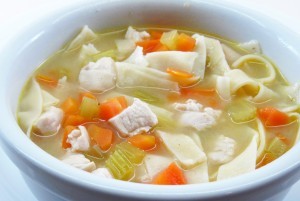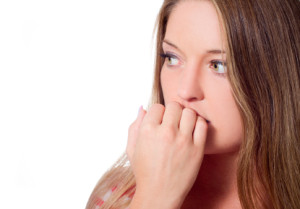After having a bad stomach virus this past week, I looked online for many home remedies that could help with nausea. Here are a few things that I found that help nausea.
- Apples
- Saltines/Crackers
- Water
- Nuts
- Chicken broth
- Gatorade
- Bananas
- Mint
- and Ginger
I never thought ginger would be helpful with nausea, so I raised the question to see if it actually does.
In one study, ginger was used to test motion sickness. The subjects to this study were 80 new sailors, who were prone to motion sickness. Half of the group was given powdered ginger and the other half was given a placebo. Researchers found out that, “those who took powdered ginger had less vomiting and cold sweats compared to those who took placebo.” Since this study was very small it is hard to make any conclusions.
Another study was conducted with pregnant women and the relationship with nausea. Thirty pregnant women who had severe nausea were given either 1 gram of ginger every day for 4 days or the placebo. Women who took the ginger supplement reported that they had more relief than the other women who received the placebo. The study was later conducted again with 70 pregnant women, and similar findings were accounted for. Those who were given the ginger reported less vomiting and nausea and the others who were given the placebo still had severe nausea.
Many people who go through chemotherapy experience nausea and vomiting. In one particular study, patients were randomly assigned 0.5 grams, 1.0 gram, or 1.5 grams of ginger or just a placebo. These were given to the patients along with Zofran (anti-nausea medicine), three days before the patient’s first day of chemotherapy.
Researchers found that the patients who were given the 0.5 grams of ginger and the 1.0 gram of ginger ranked their nausea on a scale of 1 or 2 out of a 7 point scale. The patients who were given the placebo reported nausea at a 4 to 5 on the scale where 7 was the highest rating of nausea.
So what does this mean? There is no certain data that tells us there is a correlation between ginger and its ability to help stop nausea but this is due to lack of studies on this topic. In order to conclude anything further, we need more research to be done on this topic. Otherwise, when you are feeling nauseas, I recommend grabbing some saltines and a bottle of ginger ale !






















